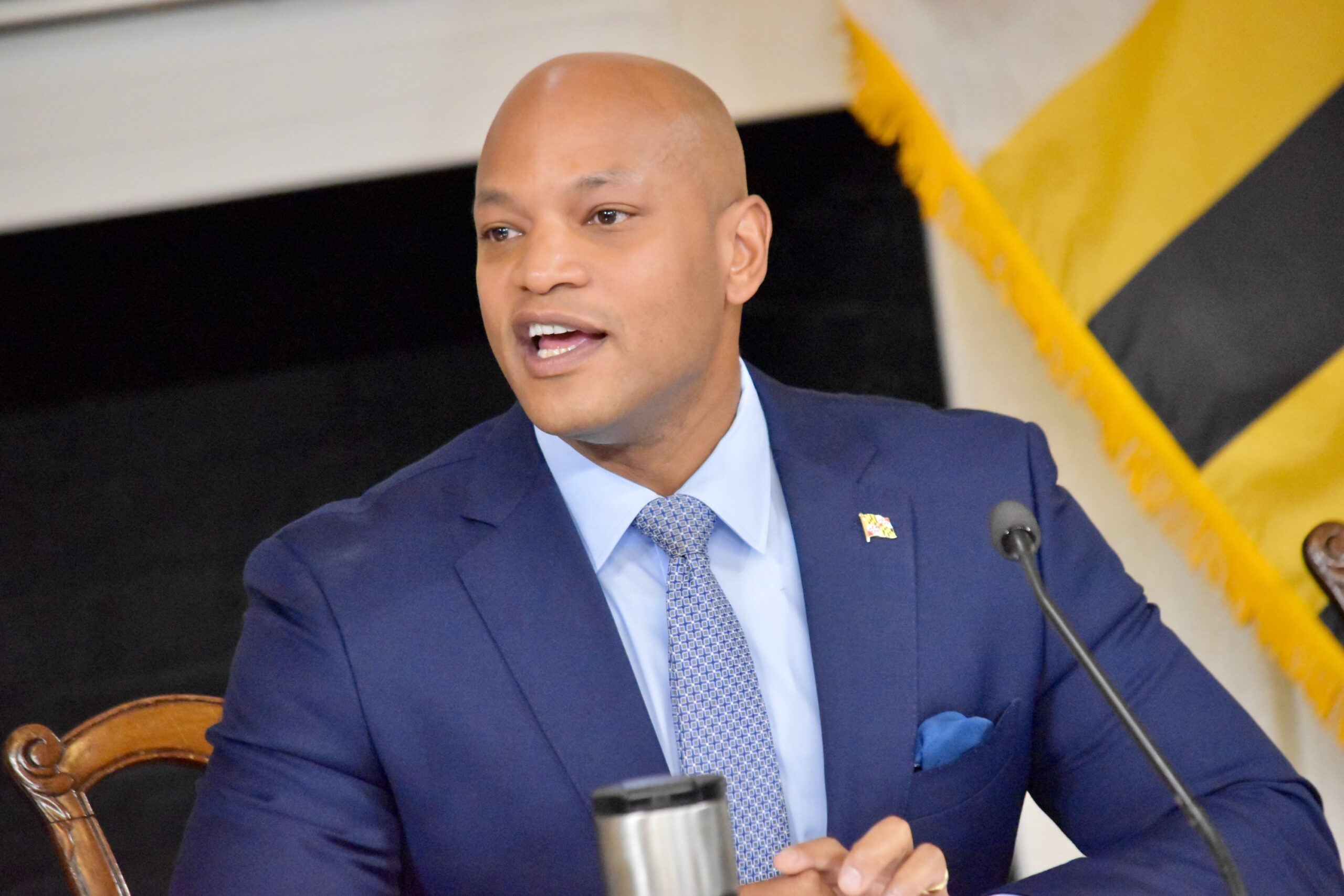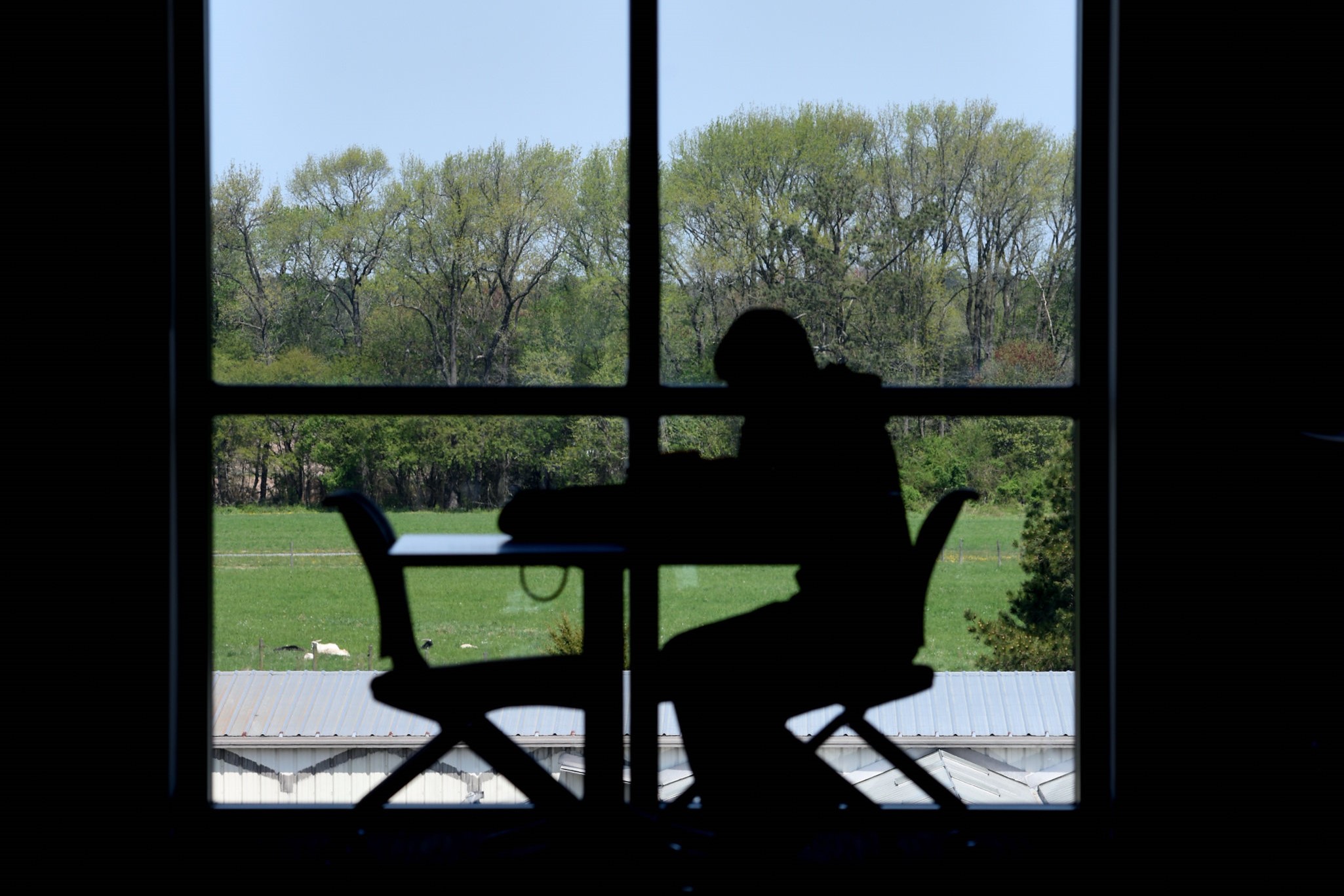House Speaker Adrienne A. Jones (D-Baltimore County) pushed Tuesday for her newly-reintroduced bill that would end a long-standing lawsuit over inequitable funding for Maryland’s historically Black colleges and universities.
The bill, which was heard in the House Appropriations Committee Tuesday, has been tweaked from last year’s version to account for the effects of the COVID-19 pandemic.
This measure would direct an additional $577 million to Maryland’s four HBCUs — Coppin State University, Morgan State University, Bowie State University and the University of Maryland, Eastern Shore — over the next decade.
A coalition of advocates and alumni filed their lawsuit in 2006, arguing that the state had underfunded its four historically Black institutions while allowing traditionally white universities to duplicate programs offered at HBCUs.
In 2013, the U.S. District Court ruled that program duplication had, in effect, perpetuated segregation, but that HBCUs were not underfunded compared to traditionally white institutions. Since then, advocates and the state, in court-ordered mediations, failed to agree on a funding amount that would adequately address the inequities.
Additional funding proposed in the bill would be used to dismantle vestiges of segregated higher education by helping HBCUs market programs that would attract new students, as well as recruit new faculty and fund more financial aid programs.
Jones tried to resolve the ongoing litigation by legislation last year, which proposed the same amount of funding. However, Gov. Lawrence J. Hogan Jr. (R) countered with $200 million as a “final offer” last year before vetoing the bill, which passed through the House with only two dissenting votes, and passed the Senate, 45-0.
Lawmakers said they plan to move this bill early this session so that a same-session veto override is possible, if Hogan vetoes the measure a second time.
But because of economic limitations precipitated by the pandemic, funding to HBCUs under this bill would not begin until fiscal year 2023, which begins on July 1, 2022, Jones told the House Appropriations Committee.
Since funding provided in this bill depends on student enrollment numbers, which have been down since the pandemic began, this year’s measure also raises, from $7 million to $9 million, the amount each HBCU would receive annually to curtail potential enrollment debts, Jones said.
“The funding is intended to supplement, not supplant existing [University System of Maryland] and HBCU funding,” she said.
Although it is unusual to resolve a lawsuit through the legislature, Jones said it is necessary to resolve the ongoing litigation as soon as possible and to avoid prolonging the disparities.
“We have lost time for tens of thousands of students, waiting for legal process to resolve itself,” Jones said. “We need to act now to level the playing field for all students regardless of background or race or college they attend and end this case for the betterment of every student.”




 Creative Commons Attribution
Creative Commons Attribution